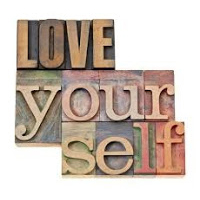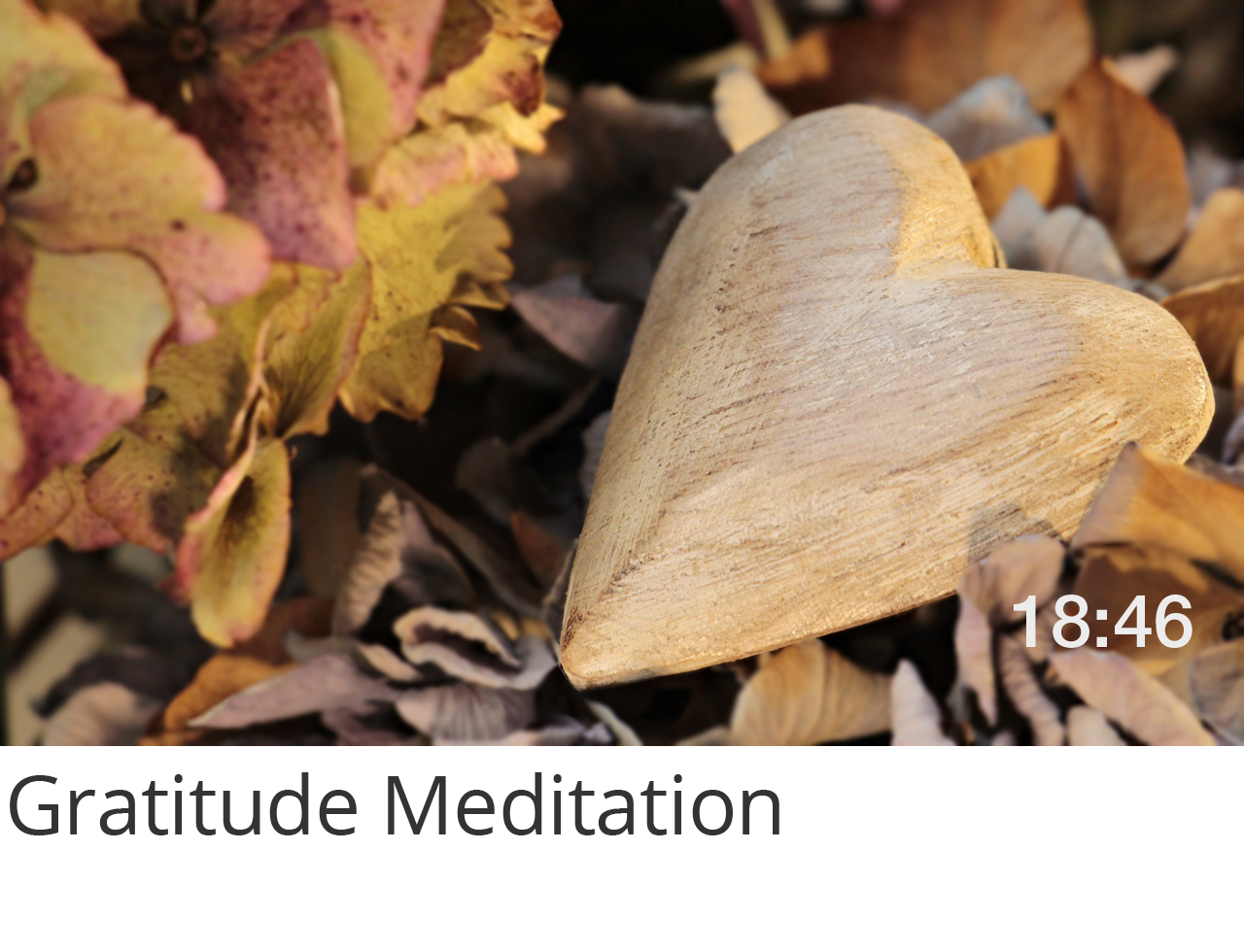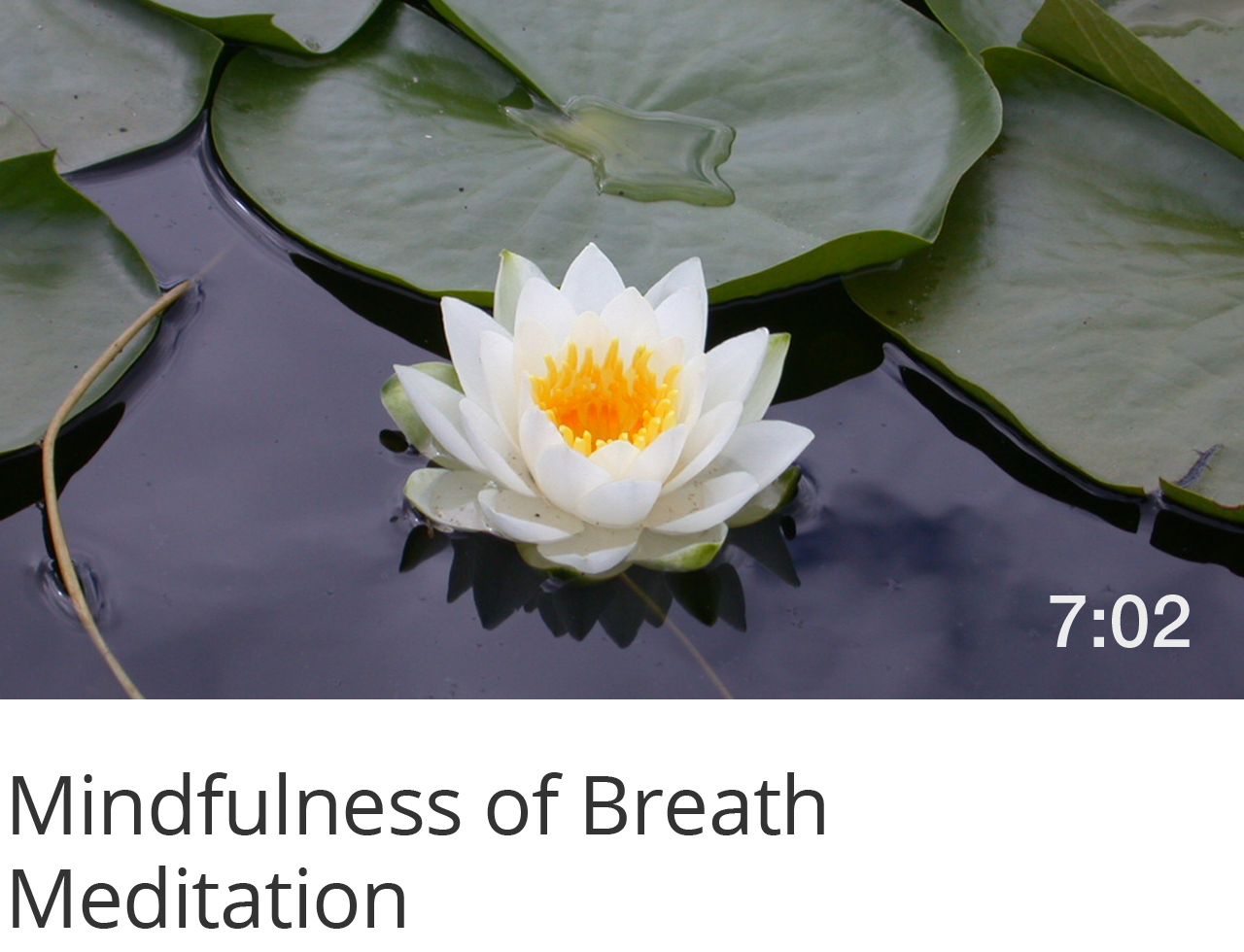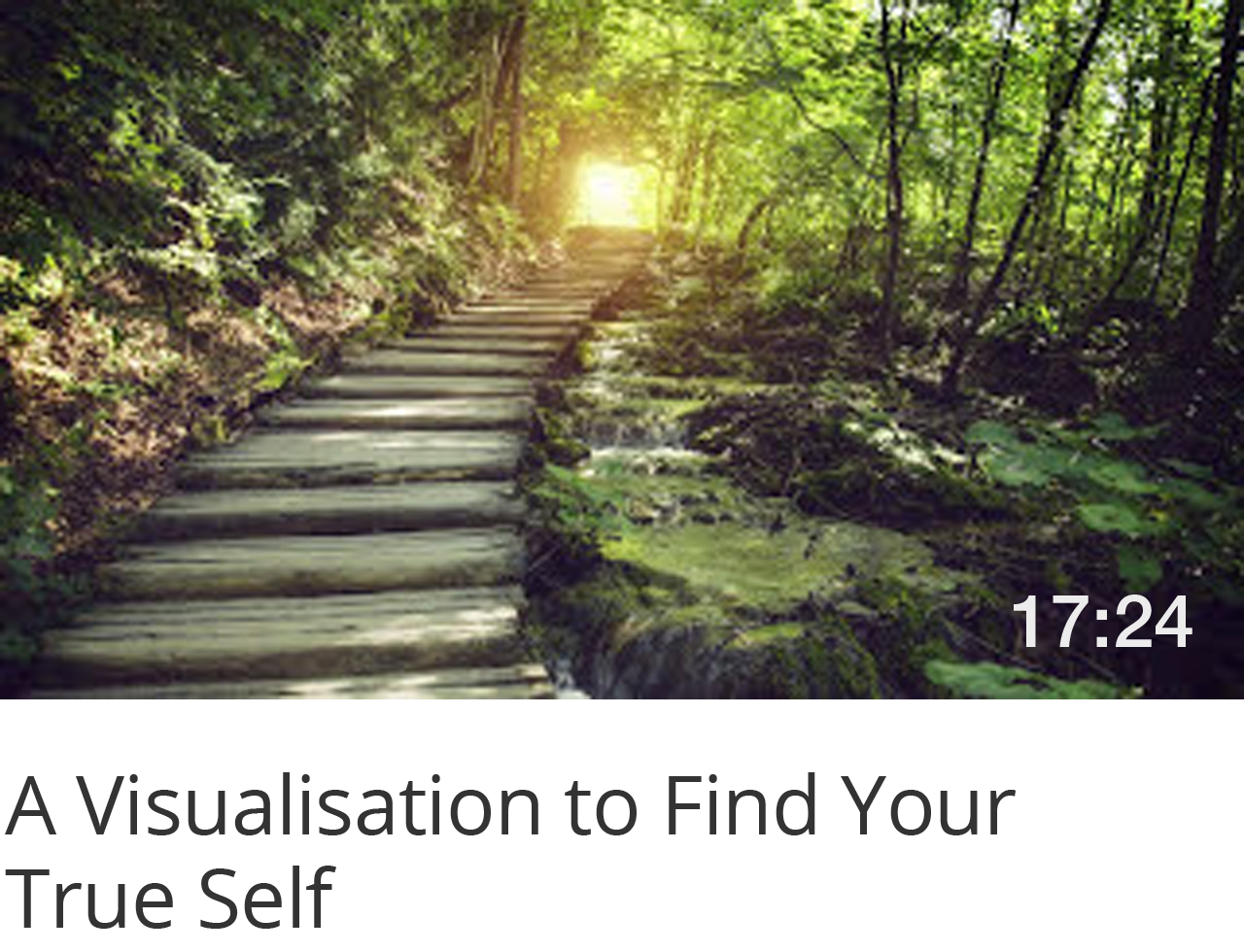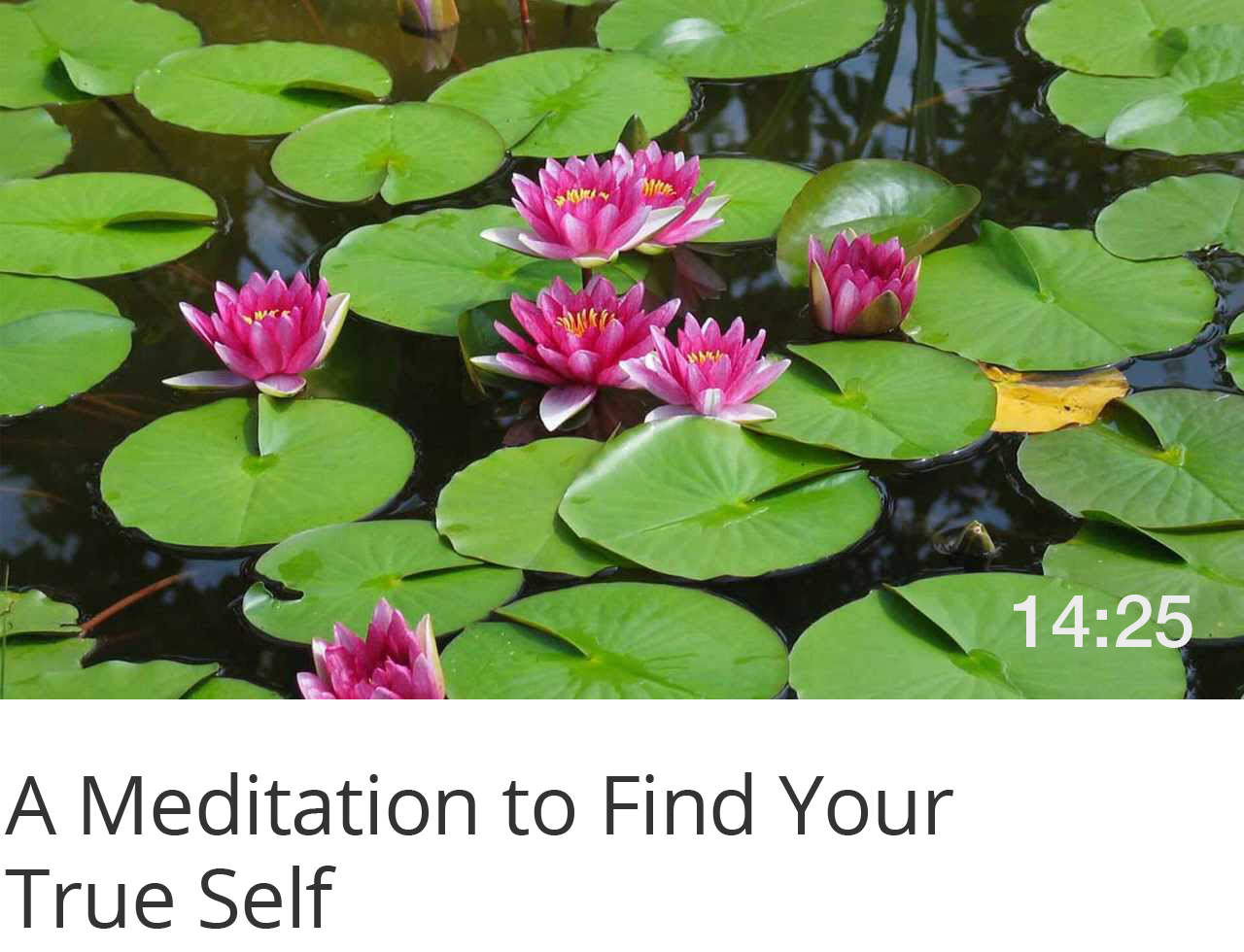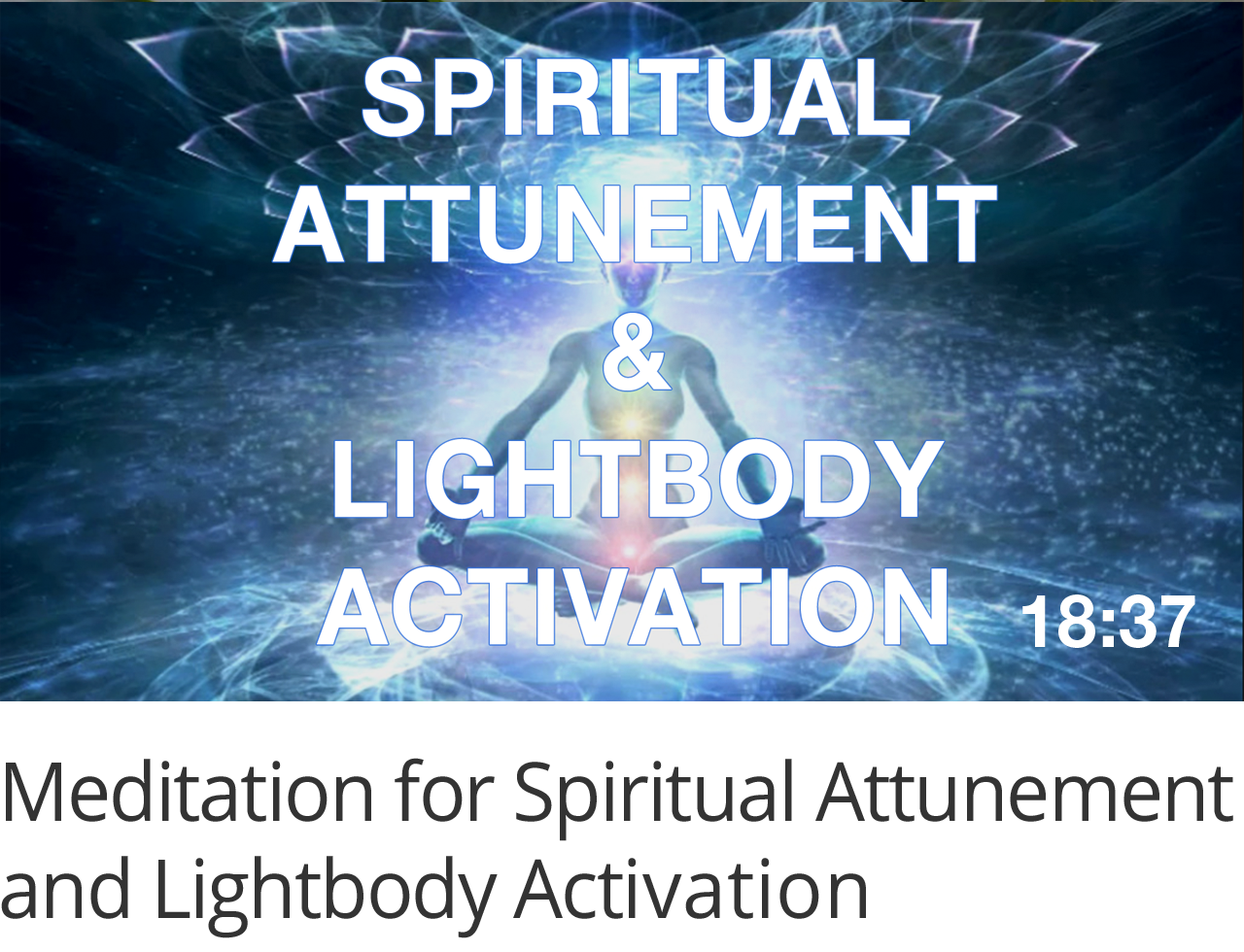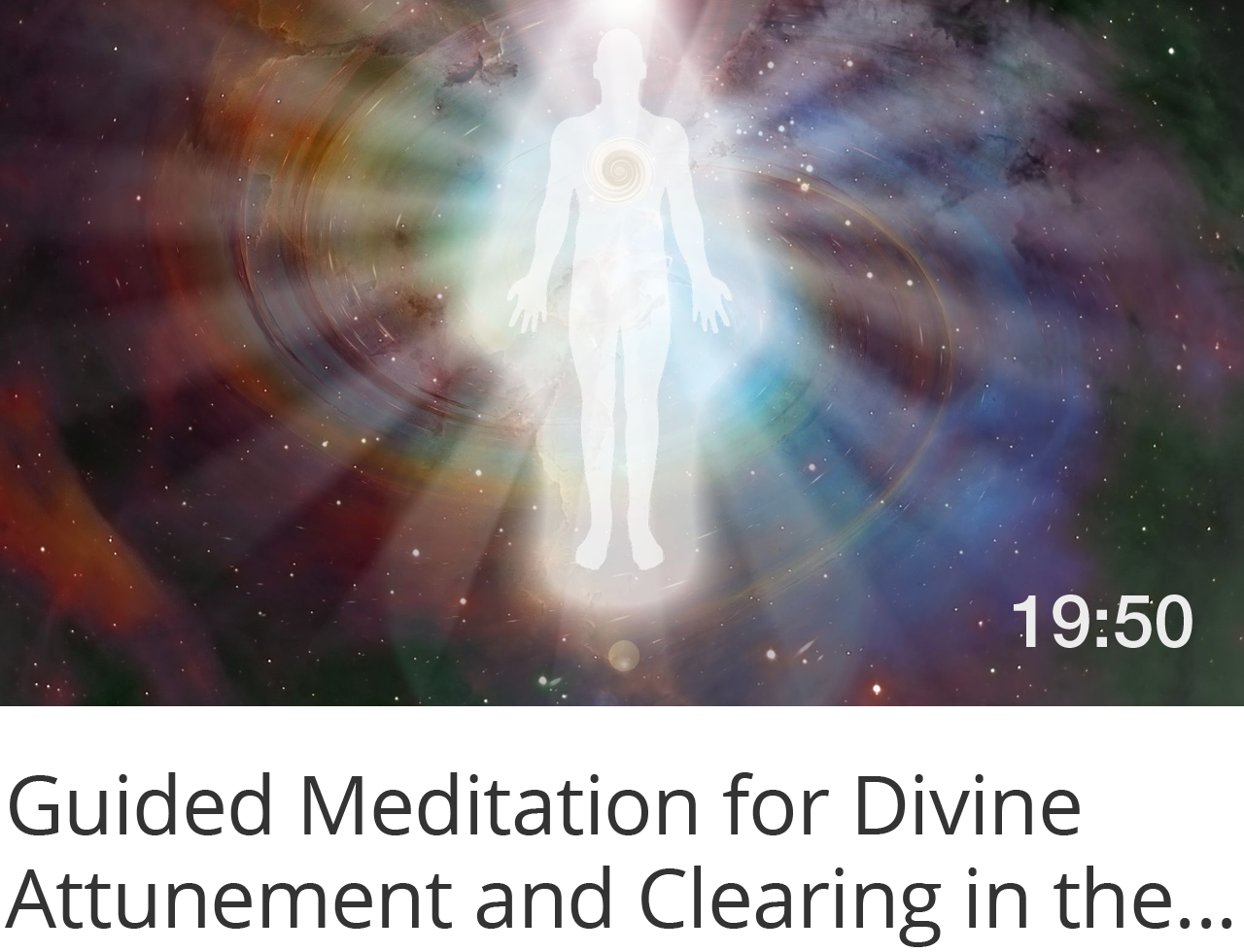Loving yourself is essential for authentic living. The greatest act of self-love is to be your true self. Because we often confuse our identity with our narrow ego self, a myth has arisen that loving yourself is a bad thing—that it is selfish, vain, self-obsessive, and egoistic. According to this logic, to love yourself is to inflate your ego, to become unbalanced, and to deny others your love. But wait, there’s an unchallenged assumption here: we are not just an ego self. We are more than an ego—much more. And even our ego self can grow up as we begin to practise mindfulness and personal growth. And that’s why loving yourself—your true self—is crucial, for by doing so you open doors for the greatest healing and compassion to flow towards yourself and all life. Why? Because to love yourself as a true self means to love the wholeness of your being, which is inseparable from the wholeness of life itself.
Understanding Your Identity as Lover
The biggest challenge facing humanity is understanding identity. Every human crisis, from the individual level to the collective level, stems from a need to embrace our true identity. Problems arise when we take on limiting or even false identities through lack of mindfulness and self-inquiry. We uncritically absorb manufactured identities given to us by the mass media, the advertising industry, and our cultural traditions as if we are those things at the core of our being. We identify with the roles we play, as if the things that we choose to do are actually who we are. And we identify with our ego self or personality, as if we are our thoughts, our emotions, our psychological patterns, and the status others give us.
Until you develop mindfulness, your identity can never be fully realised, and you will adopt identities reactively and often unconsciously. You will limit your sense of identity to the contents of your mind rather than expand it into your full being. Mindfulness takes you out of identifying with your thoughts, emotions, and roles, and brings your attention back to yourself as observer, as the one who is being. Then you become free to open up to your true self, which can be found in the spaces between your thoughts.
Your true self is who you truly are, for it exists when the mind is stilled, and it does not depend on the roles you are playing or not playing. It is your pure being, beyond the narrow limits of your mind, and it is what connects you with all of life. It is your ecological and spiritual self. It is your greater self. By virtue of this interconnectedness with all life, untainted by the fragmentations and distortions of the mind, loving yourself—your true self—becomes not only a declaration of your authenticity and an embodiment of your ultimate truth, but also an act of love and compassion that extends to all life—your greater self.
The embodiment of your true self through the practice of mindfulness is what authentic living is all about. Furthermore, it enables your ego to mature as mindfulness teaches you to not get caught up in reactivity, false identities, and distorted perception. This inner growth or self-development is the process of your ego becoming aligned with your true self. Your ego’s patterns of suffering—created through your reactivity and incomplete experience of being—start to heal.
Loving Yourself is Essential
Loving yourself is essential for wellness and authentic living. The corrosive attitudes of shame and self-denial, in which we feel ourselves to be bad and unworthy, and which cause us to limit ourselves by practising self-effacing behaviour, eat away at our wellness and authenticity. Yet this is exactly what happens if we believe that loving our self is bad. We need to ask the question: who benefits? The answer will be those who drain or control your energy—whether they be the people who you have abusive or codependent relationships with, or the people who benefit from controlling and limiting an entire society of people.
Here are six great ways to love yourself more:
- Accept yourself exactly as you are. You are you and there is nothing that you can do to change that—and why should you anyway? By accepting yourself you break out of limiting self-denial and heal the toxic shame that distorts your self-image and pulls down your self-worth. Remember, though, that you are not your behaviour. If you don’t like your behaviour, you can learn from it and discover how to be more authentic by developing mindfulness, and then change your behaviour accordingly. But at all times, accept yourself, and remember that you are always doing your best given the circumstances you are in and the resources you have available—even if you look back in hindsight and wish you had done better. Mindfulness teaches you to stay in the present moment and to therefore accept yourself exactly as you are now—rather than to judge yourself for not being what you wish to be in the future, or were in the past. Mindfulness also teaches you to accept your full self and your full potential with compassion, and to always look at how you can grow to be more your true self.
- Value yourself. If you think you are not good enough and hate your perceived imperfections, realise that these judgements and beliefs are reactive, stemming from issues of low self-worth. You are perfect in your imperfection! There is nobody else in this world with your exact experiences, your exact history, your exact personality, your exact body, or your exact potential—and that makes you priceless. Your individual uniqueness is a gift to the whole that needs owning and expressing—an essential piece of the jigsaw puzzle of life—and maximises the potential for the self-realisation of the whole. Mindfulness and gratitude for your unique experience on this Earth—the gift of your being—helps you to value yourself and to grow in self-worth.
- Be present. Accepting and valuing yourself clears the way to be present. What does this mean? It means not holding back, not dissociating, and not refusing to embody your full being through your human experience, regardless of the reactions this may provoke in others. Feeling fearful, reticent, and unwelcome in the company of others—and even in the world—results in us not being present. Many people dissociate through addictions to television and the Internet, as well as through other things such as alcohol and drugs, in order to avoid the challenges and responsibility of being fully present—even if this means they are missing out on the rewards of self-fulfilment and self-realisation. Mindfulness can help us to be present from our true self, and to heal the patterns that cause us to dissociate. Mindfulness restores the choice to respond productively to life, so that we no longer react unproductively to the fears that can cause us to not want to be present. Mindfulness ultimately reveals how embodying our true self is the solution to the suffering that is created from fragmented and dissociative living. See my post on finding your true self.
- Identify your authentic needs and develop goals to meet them. Until you know your authentic needs, you are like a blind or misguided navigator. Meeting your authentic needs helps you on your path of self-development to become more yourself, so that your personality self becomes more an expression of your deeper, true self. So what are authentic needs? They are not the expectations and demands of others, the manufactured “needs” of advertising, or other reactive desires you may have that masquerade as needs. Yet we often adopt these as our needs. Through meditation or mindful self-inquiry, you can enter the space of your true self and allow your authentic needs to emerge which are defined as those things that help you to be more your true self. Then having made a list of your needs, write down a list of goals that can help you to meet them and live your true life purpose. Goal-setting focuses your intention and energy, taking you out of autopilot mode where you are drifting passively through life.
- Identify your authentic values and use them as your life barometer. Your authentic values are the things you value as an true self, and are the building blocks of authentic living. Through meditation or mindful self-inquiry, you can enter the space of your true self and allow your authentic values to emerge—much like your authentic needs. Often your authentic values will describe the life qualities of being authentic and the nature of your true self. Authenticity is an obvious example of an authentic need. Others include wholeness, sustainability, compassion, and love. These values help you to define your true life goals and to stay authentic. They help you to choose what is best for you and for others in terms of your impact on the whole.
- Develop healthy boundaries. Healthy boundaries in your relationships—including the relationship of your personality self to your true self—define what is acceptable behaviour towards you and prevent self-abandonment, ensuring that you preserve the time and space to be you amidst the daily demands of others. Healthy boundaries enable you to say yes and no to others without guilt or regret. Define and communicate your boundaries to others in response to identifying your authentic needs and values, and be prepared to assert them when necessary. People who truly love and respect you will respect your boundaries. Healthy boundaries are central to loving yourself and to being in good health. Often in relationships of abuse—or self-abuse—boundaries are poorly defined, weak, not sufficiently asserted, and often infringed and disrespected. In relationships based on respect, boundaries are clearly defined, interpreted, and respected. Loving yourself ultimately means that you set boundaries that define what you need from yourself and others to stay authentic and become more yourself—including the time and space for relaxation, self-inquiry, and personal growth. All healthy relationships have healthy boundaries.
Next step: book a Guidance Call with me to dive deeper into self-love and what you can do to embody and honour your true self more.

